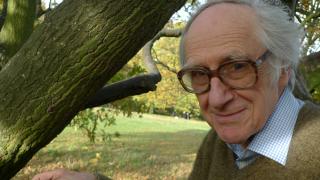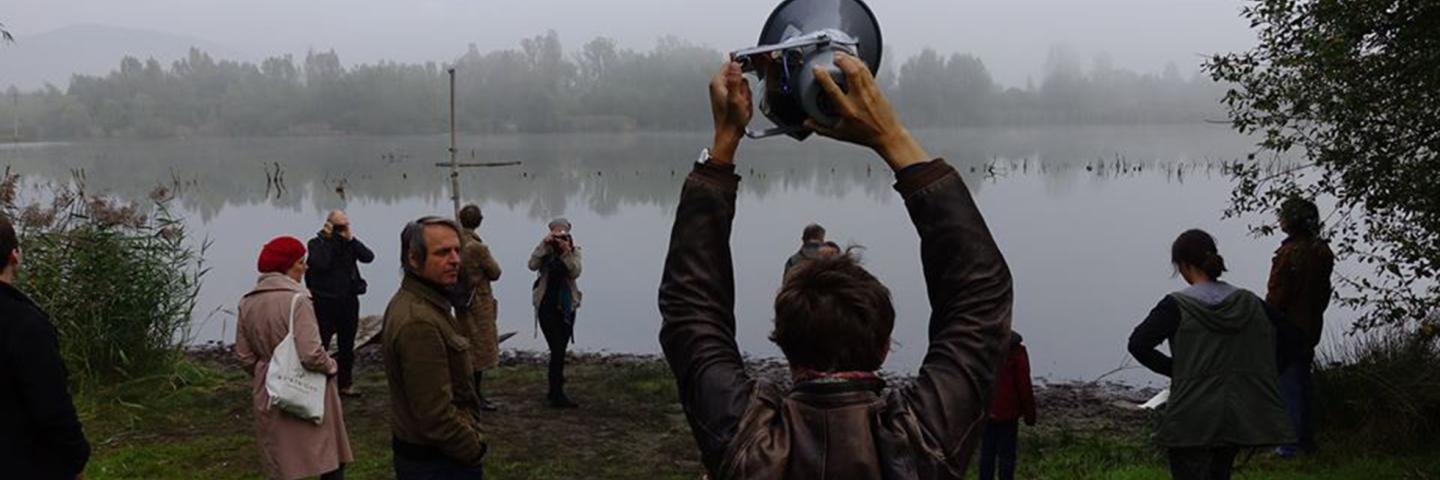David Fleming

Photo credit: Henrik-G.Dahle
David Fleming (1940 – 2010) was an English economist, cultural historian and writer on environmental issues. He was among the first to reveal the possibility of peak oil's approach and invented the influential TEQs system, designed to address this and climate change. He was also a pioneer of post-growth economics, and a significant figure in the development of the UK Green Party, the Transition Towns movement and the New Economics Foundation, as well as a Chairman of the Soil Association. Alongside these roles, his wide-ranging independent analysis culminated in two critically acclaimed books:Lean Logic and Surviving the Future published posthumously in 2016.
A feature film about his perspective and legacy, The Sequel: What Will Follow Our Troubled Civilisation? was released in 2020.
Fleming conceived and developed the idea of Tradable Energy Quotas (TEQs) - the most widely studied model for the implementation of a carbon rationing system. His Energy and the Common Purpose (2005) helped set the parameters for the field, leading to UK government feasibility study of the proposal and an All Party Parliamentary report in 2011.
Fleming's article for Prospect magazine, "The next oil shock?", interpreted the International Energy Agency's 1998 report as predicting a global energy crisis in the coming decades.
In his book The Lean Guide to Nuclear Energy: A Life-Cycle in Trouble, Fleming argued:
Every stage in the nuclear process, except fission, produces carbon dioxide. As the richest ores are used up, emissions will rise.
Shortages of uranium - and the lack of realistic alternatives - leading to interruptions in supply, could be expected to start in the middle years of the decade 2010–2019, and to deepen thereafter.
It is essential that radioactive waste should be made safe and placed in permanent storage. High-level wastes, in their temporary storage facilities, have to be managed and kept cool to prevent fire and leaks which would otherwise contaminate large areas.
The world's endowment of uranium ore is now so depleted that the nuclear industry will never, from its own resources, be able to generate the energy it needs to clear up its own backlog of waste.
He also saw economic growth as inherently impossible to sustain. In his renowned words, "Every civilisation has had its irrational but reassuring myth. Previous civilisations have used their culture to sing about it and tell stories about it. Ours has used its mathematics to prove it." As such, a key focus of his work was developing what he called 'the Lean Economy', a vision of how society could hold itself together after the inevitable end of growth, grounded in localisation, community and culture. He founded The Lean Economy Connection (renamed The Fleming Policy Centre after his death) to work on "the long term, stable, intelligent and culturally rich future which human society could enjoy if we understand the current predicament and respond to it decisively."
He was a strong advocate for TEQs and community-based localisation, and an ardent critic of nuclear power.


















